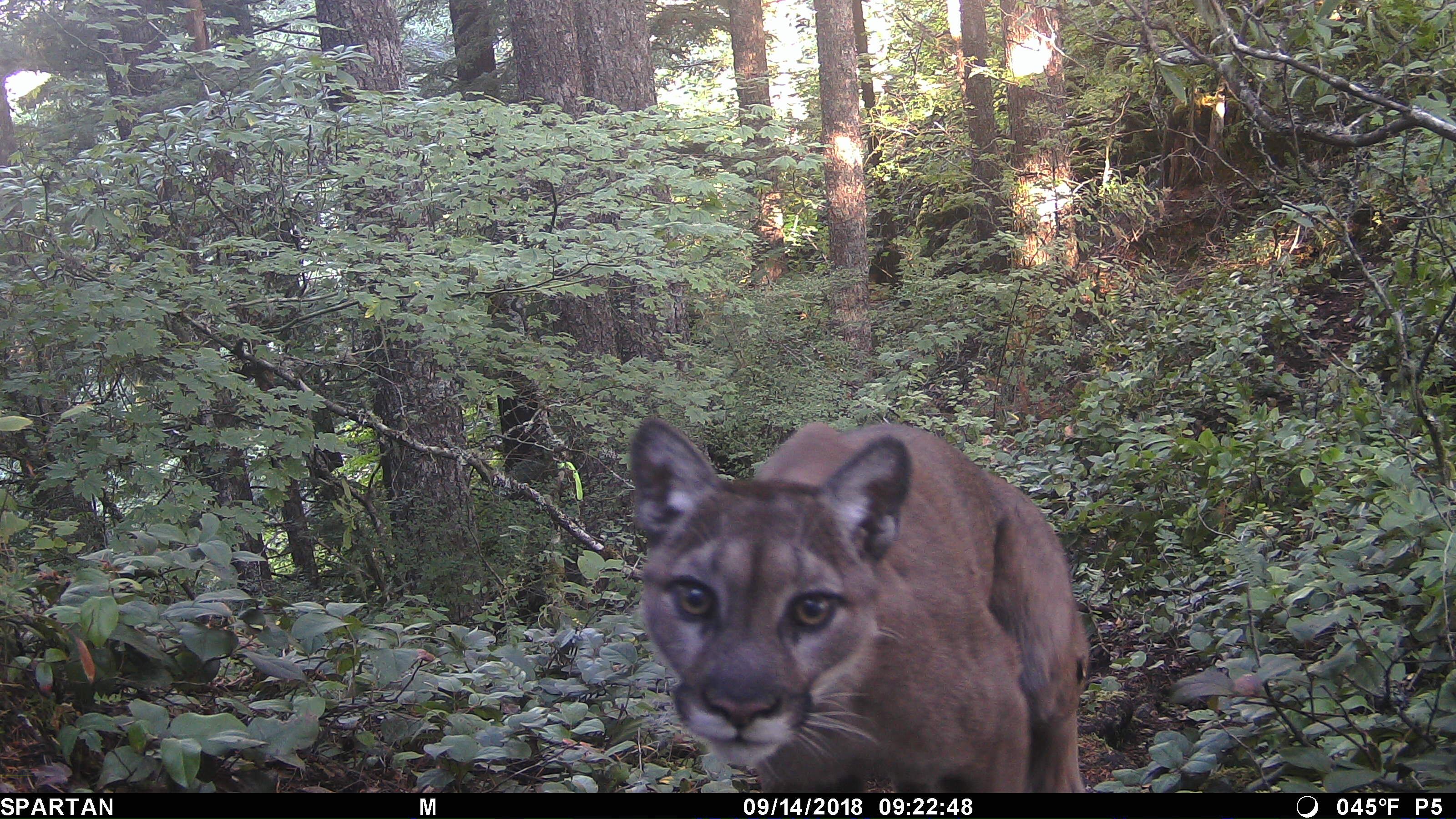Oregon wildlife officials are ending their cougar hunt—because they believe they killed the cougar who fatally mauled hiker Diana Bober on the Hunchback Trail last month.
"It is highly probable that the cougar that killed Diana is the one that we killed last week," Derek Broman, carnivore coordinator for the Oregon Department of Fish and Wildlife, said in a statement this afternoon.
The killing of Bober in Mt. Hood National Forest in late August led state officials to shut down 21,000 acres of wilderness and a dozen popular hiking trails. It was the first documented fatal attack by a cougar in the wild in Oregon history—and led to renewed arguments over how to manage dangerous animals living in close proximity to people.
Wildlife officials set up 31 cameras along the trail where Bober was killed, trying to spot the animal.
"We continued to monitor the area for other cougars to increase the likelihood that we caught the right one while evidence was being examined."
Those cameras only spotted one cougar in the area—the same one state trackers killed last week. Trackers kept searching for other animals while a forensics lab tried to confirm with DNA evidence that the state had found the cougar that killed Bober.
But that didn't happen. Forensics officials say time and rain prevented them from tying the cougar to Bober's death.
"The evidence is too contaminated for us to ever be able to tie it to an individual cougar," said Ken Goddard, Director of the U.S. Fish and Wildlife Service Forensics Lab.
Related: Two decades ago, Oregonians were arguing about hunting cougars. Sound familiar?
Yet state officials are convinced they killed the right cougar. They will begin opening the wilderness to hikers again—and expect most trails to be reopened by Monday.
"It is impossible to determine why the cougar attacked Diana. There is no sign that it was sick or unhealthy and a rabies test was negative," said Broman. "Wildlife behavior is unpredictable but cougar attacks are extremely rare throughout the Western U.S. where cougars are found."

